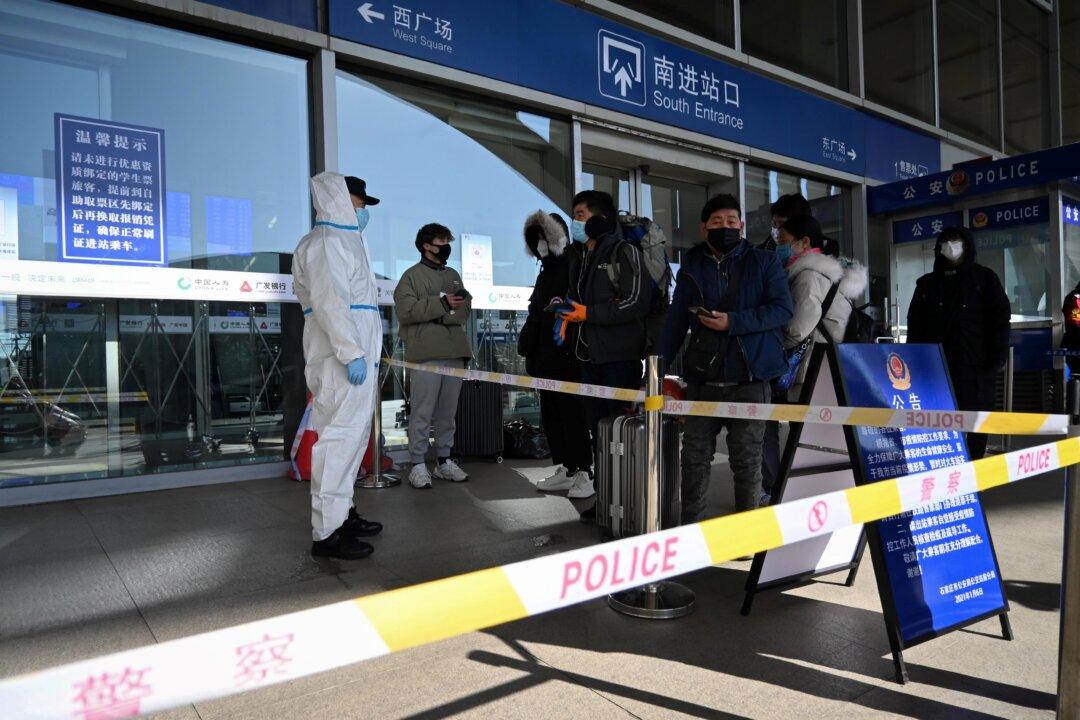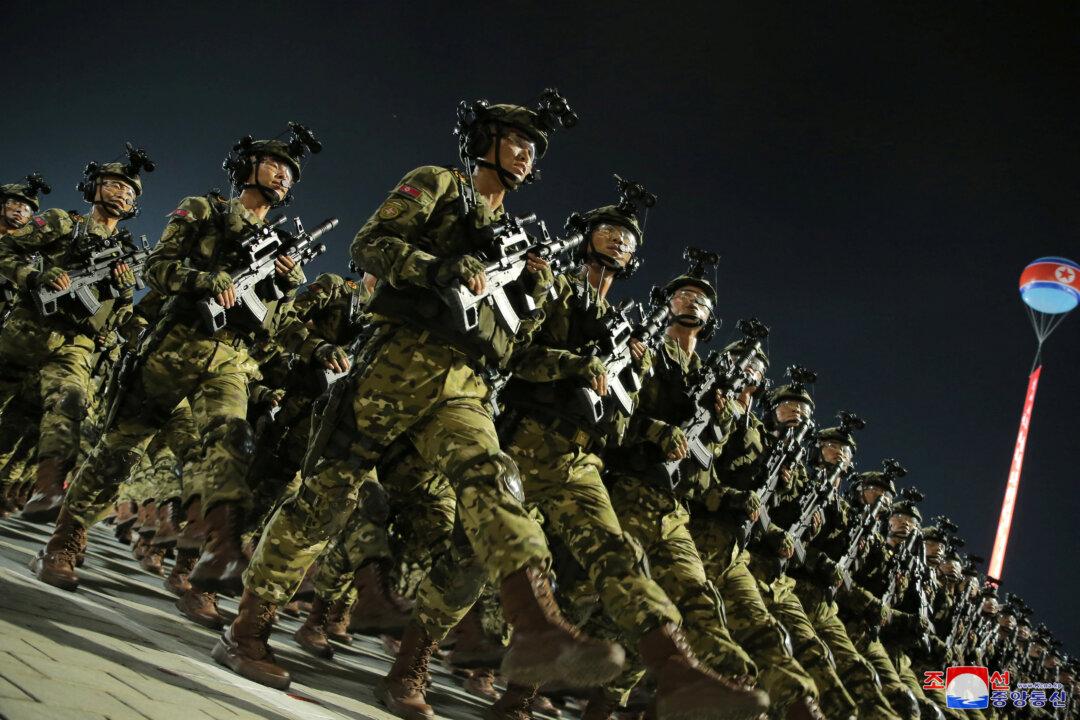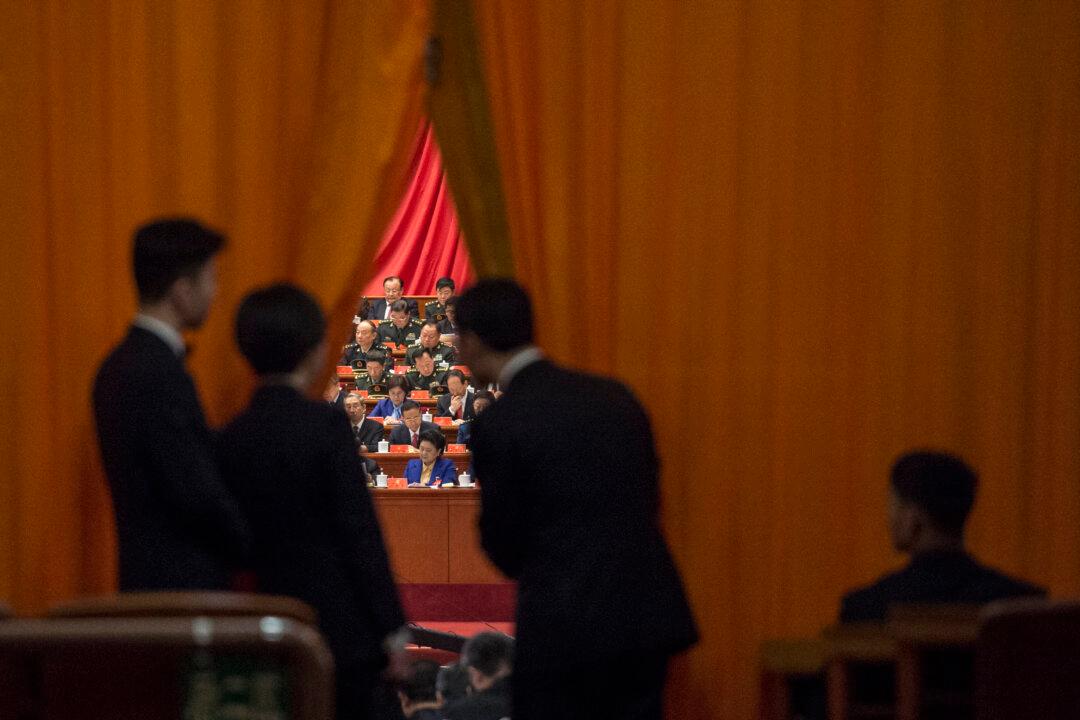The COVID-19 outbreak in central Hebei Province continues to worsen. In order to prevent the spread of the disease into Beijing, 300,000 migrant workers living in the neighboring town of Yanjiao were recently banned from entering the capital city. Unable to go to work, these people are having a tough time trying to make ends meet amid the pandemic.
Yanjiao is a town under the administration of Sanhe City in Hebei, bordering Tongzhou district in Beijing. Yanjiao is about 21 miles away from Beijing and is the closest area outside Beijing’s administrative district.





